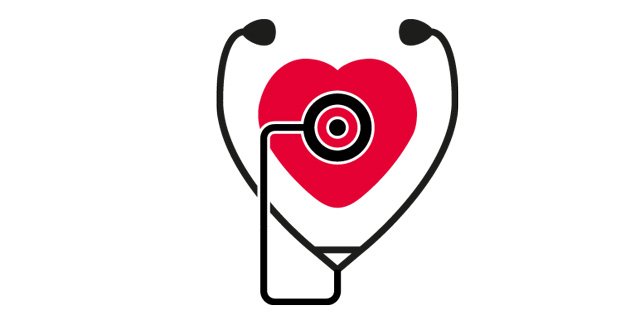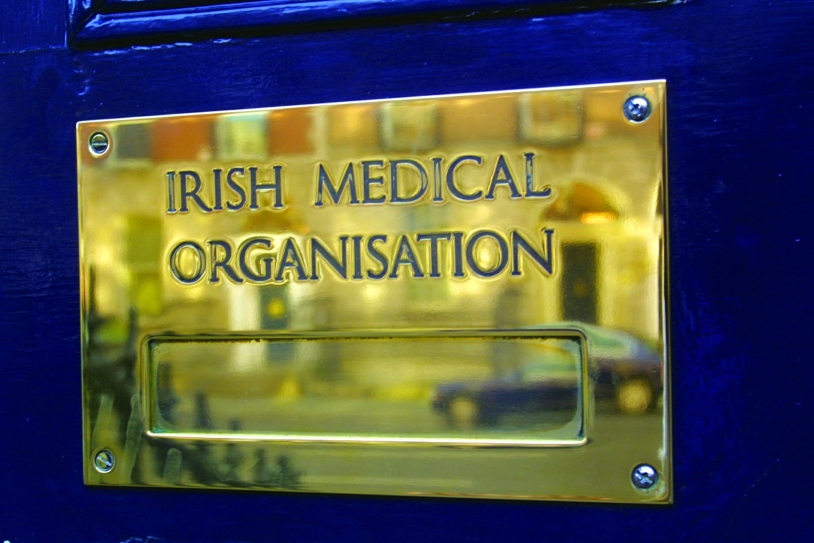Niamh Cahill talks to GPs about the effects the novel coronavirus is having on general practice and what supports doctors need to protect the public and themselves
Important points
• Package of supports for general practice expected following meeting between IMO and Department of Health officials.
• GPs requested to raise their “index of suspicion” for Covid-19.
• More personal protective equipment (PPE) packs and protective equipment to be given to GPs.
• Covid-19 signals major changes in the delivery of general practice.
Since the first case of Covid-19 was reported here on 29 February, our already stretched health system has been under immense pressure.
At the forefront of the response to the virus has been GPs. As the number of cases continues to grow, GPs have adapted their activities accordingly, based on rapidly evolving advice as we learn more about the virus.
As with general commentary on the outbreak, the response among GPs about what should and should not be done has varied hugely.
Despite differing views, GPs have followed national public health advice, helping to curb spread of the disease and ultimately save lives. The latest advice at the time of going to press (hard copy edition) was that all patients must make appointments to see their GP and not attend surgery without an appointment, signalling major changes in the delivery of general practice.
Essentially, no more “walk-ins” are permitted and all appointments are being triaged by staff.
Dr Mary Favier, President of the ICGP, advised: “We are requesting the public to help us keep frontline healthcare staff as safe as possible from the Covid-19 virus. We know that the cases of community transmission are increasing and, therefore, we are asking that particularly those people with acute respiratory symptoms, ie, fever, cough, shortness of breath, or flu-like symptoms to contact their GP practice in advance, and take advice from the staff there.”
In cases where a patient associated with travel from an affected region or who has been in close contact with a confirmed case arrives at a GP surgery, practice staff have been advised by the College to place them in isolation, where possible, and follow infection control guidelines. Agreed algorithms for assessing at risk patients in general practice have been devised and are being followed.
On 11 March the national public health emergency team announced the first death from Covid-19 in Ireland and asked all health professionals to raise their “index of suspicion” to include patients with no history of travel to affected regions. The following day, widespread measures were announced to interrupt transmission, including closure of schools, colleges and museums until at least 29 March.
Speaking to the Medical Independent (MI) last week, Dr Maitiú Ó Tuathail, who works as GP in Dublin, said that in his practice one GP had “gowned up” and was handling all patients with respiratory symptoms.
The room in which these patients were being treated was disinfected after each visit. GPs at the practice were in constant contact with public health officials and calls to the practice about Covid-19 had increased considerably.
Because of this, the workload was “astronomical”, said Dr Ó Tuathail.
Furthermore, not enough PPE packs had been distributed to his practice to-date, leaving GPs inadequately protected, he said. He criticised the suggestion by Taoiseach Leo Varadkar that retired health professionals return to work, labelling it as “ridiculous”.
Dr Ó Tuathail also queried whether or not the criteria for testing suspected Covid-19 cases should be expanded. This view was echoed by Monaghan GP Dr Illona Duffy, who believed more patients, especially those with flu-like symptoms, should be tested. The case definition has since been widened (13 March) to symptoms of new onset fever of 38 degrees or more, or chills and/or symptoms of respiratory tract infections including cough being considered when assessing the requirement for testing.
Cork GP Dr Mike Thompson explained that at his practice the advice given to patients was to come alone or with their sick child only.
Masks were “running short” and all patients coming to the practice were segregated. Meanwhile, the number of phone consultations with patients had increased, he said.
Declining GP income
So far none of the extra work carried out by practices has been resourced. However, following a meeting between IMO and Department of Health officials on 11 March, this looks set to change in the very near future. In a communication to members following the meeting, Dr Denis McCauley, Chair of the IMO GP committee, described the meeting as “very positive and the Department and the HSE acknowledge the additional burden on general practice at this time”.
“We hope to be in a position in the coming days to reach agreement on a package of supports and will update members as soon as possible,” he added. The development will come as a huge relief to GPs, many of whom in recent days have called for a special type consultation (STC) code for Covid-19 work and a separate code for any telephone or video consultations.
Nurses and GPs are diverting attention from other work to focus on protecting patients and staff from Covid-19, while also triaging suspected cases, which is costing practices money, argued Dr Duffy.
Limited numbers of PPE packs had been supplied to practices and were for use only in circumstances where Covid-19 is suspected. For all other respiratory consultations, GPs were asked to use eye cover, gloves, plastic aprons, and masks, all of which are supplied and purchased by practices. The necessary requirement to keep patients with respiratory symptoms out of waiting rooms and in their car until further advised was “slowing things down” in practices.
“GPs are not being adequately supported and we have to resource this now,” Dr Duffy told MI last week.
The reduction in face to face consultations, coupled with the increase in Covid-19 workload, which had regularly involved lengthy telephone calls to public health officials, means GP income was suffering, added Dr Duffy.
Tramore GP and member of the IMO GP committee Dr Austin Byrne told this paper that he was satisfied more resources will be supplied to practices shortly. “I am confident that more PPE will issue to practices and be allocated in a fair and proportionate manner to GPs and that exceptional measures to procure additional supplies are being explored,” he remarked.
The ICGP announced subsequently that the HSE confirmed essential PPE items would be dispersed to all GPs from Friday 15 March.
Patient engagement
According to Dr Ó Tuathail, patients had been amenable to phone and video consultations. “I’m surprised at how supportive and accommodating patients have been,” he said. In contrast, Dr Duffy believed the message was not getting across that patients should stay away from surgeries for routine appointments. While health officials have yet to officially call a halt to non-routine appointments in practices, Dr Duffy said: “People should be afraid to go to their GP and only go if they have to. This is not about scaremongering but people need to reduce social contacts and change their mindset around this.”
Further developments
On 14 March, the ICGP advised that new patient arrangements for expanded Covid-19 testing via general practice would apply from today (16 March).
To date, GPs could request a test for patients who may have Covid-19 through the National Ambulance Service. The change is that GPs can order the test electronically through their IT system, Healthlink.
The HSE has also been working on enhanced capacity for testing for Covid-19, including establishing community testing centres to enable testing at local level.
Covid-19 tests will only be ordered as clinically indicated.
GPs will not themselves undertake Covid-19 tests but can make electronic requests to the HSE.
Out-of-hours GP services cannot order a Covid-19 test for patients.
Today (16 March) the IMO tweeted that GP practices around the country were very busy. “Your details will be taken and you will be called back but please be patient and do not make multiple calls to the surgery. Staff are doing their very best to deal with the surge of calls,” it outlined.
Earlier, the IT system crashed due to the volume of requests.
However, this afternoon, Healthlink has advised that the technical issues from this morning have been resolved.
It advised GPs: “Please revert to using Healthlink eReferrals for your Covid-19 test requests. Apologies for the downtime this morning, we are grateful for your understanding and support.”
-additional reporting by Catherine Reilly













Leave a Reply
You must be logged in to post a comment.